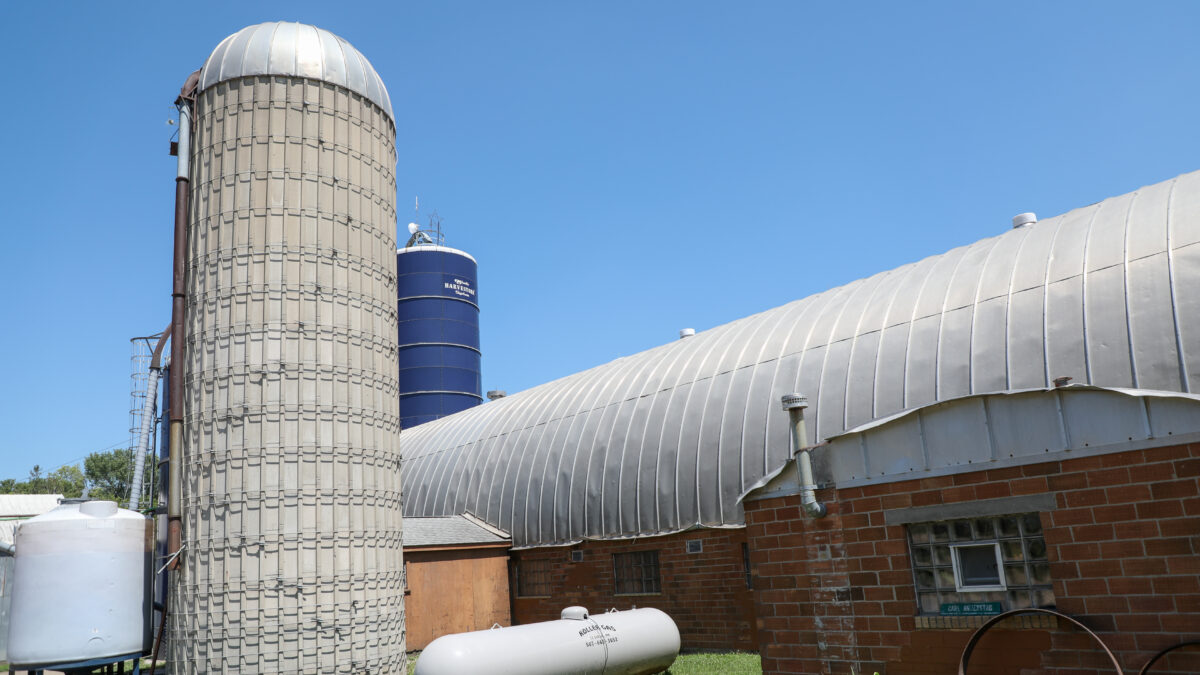Ways and Means Bill Extends Key Tax Credits, But Prematurely Lowers Estate Tax Exemption
Erin Anthony
Director, Communications

photo credit: Right Eye Digital, Used with Permission
Erin Anthony
Director, Communications
The House Ways and Means Committee on June 20 passed a measure (H.R. 3301) extending expired tax incentives for biodiesel, renewable energy and short line railroads. Though farmers and ranchers support those provisions, they are adamantly opposed to one that would prematurely end the $11 million per person estate tax exemption, sending it back down to $5.5 million per person on Dec. 31, 2022, three years early.
“The premature termination of the temporary $11 million estate tax exemption under the Tax Cuts and Jobs Act will punish capital-intensive businesses like farms and ranches. Not only will the taxes imposed at death hurt farm and ranch businesses, financial uncertainty will hinder long-term business planning and estate planning costs will drain the resources of ongoing farm and ranch businesses,” American Farm Bureau Federation President Zippy Duvall said in a letter to committee members regarding the Taxpayer Certainty and Disaster Tax Relief Act of 2019.
Instead, Farm Bureau is calling on Congress to make the estate tax exemption of $11 million per person permanent until, ultimately, the estate tax is fully repealed. To that end, AFBF is supporting the Death Tax Repeal Act (H.R. 218) and the Death Tax Repeal Act of 2019 (S. 215).
Also in the letter, Duvall told the committee that tax credits promoting biodiesel and renewable diesel production help farmers by expanding markets for their products, but it’s not only those involved in agriculture who benefit from these provisions.
“All citizens, including farmers who are large fuel consumers, benefit when our nation reduces its dependence on unpredictable international oil markets,” he wrote.
Tax incentives for short line railroads are important to farmers and ranchers because these railroads are the first- and last-mile carriers connecting small towns, farms and factories to the national rail network, creating jobs and stimulating economic growth in thousands of rural communities.
“Farmers and ranchers need efficient and cost-effective rail transportation for the delivery of equipment, seed, fertilizer and other inputs, and to move to market the food, fiber and fuel products they produce,” Duvall said.
House leaders have not said when, or even if, they will take up the Taxpayer Certainty and Disaster Tax Relief Act of 2019, but it is one of the bills House members are expected to use as they position themselves going into negotiations on tax extenders with their Senate counterparts.
The Taxpayer Certainty and Disaster Tax Relief Act of 2019 (H.R. 3301) would:
- Prematurely sunset the Tax Cuts and Jobs Act’s $11 million per person estate tax exemption by reverting it to the $5.5 million per person exemption on Dec. 31, 2022, three years early.
- Extend the expired railroad track maintenance credit through the end of 2020, an additional three years.
- Extend expired biodiesel and renewable diesel incentives through the end of 2020, an additional three years.
- Extend the expired second-generation biofuel producer credit through the end of 2020, an additional three years.
- Extend credits for renewable power facilities through the end of 2020, providing one additional year for wind power facilities and three additional years for biomass facilities.
- Extend the expired credit for alternative fuel vehicle refueling property through the end of 2020, three additional years.
- Extend the reduced excise taxes on craft beer, wine and distilled spirits through the end of 2020, one additional year.
Trending Topics
VIEW ALL